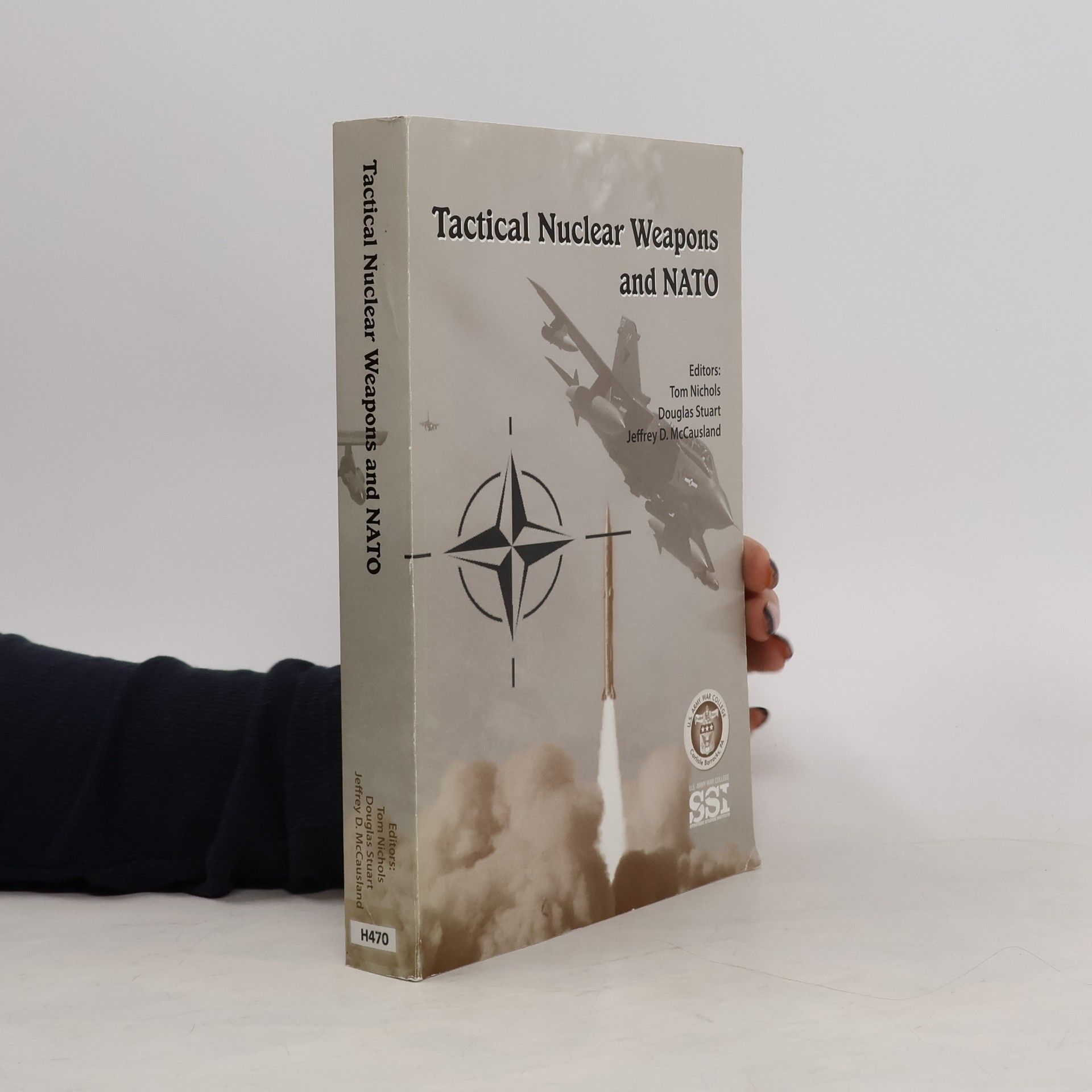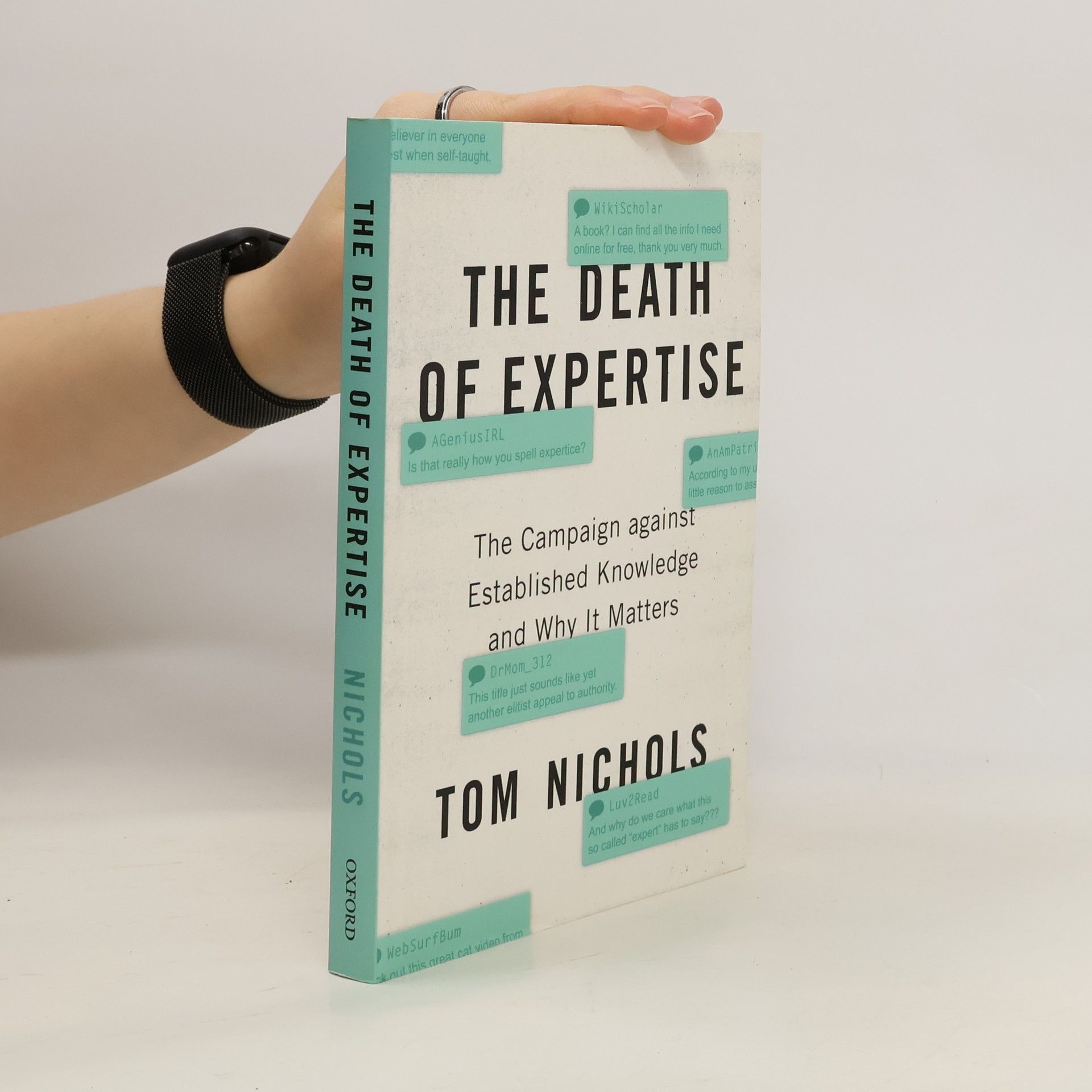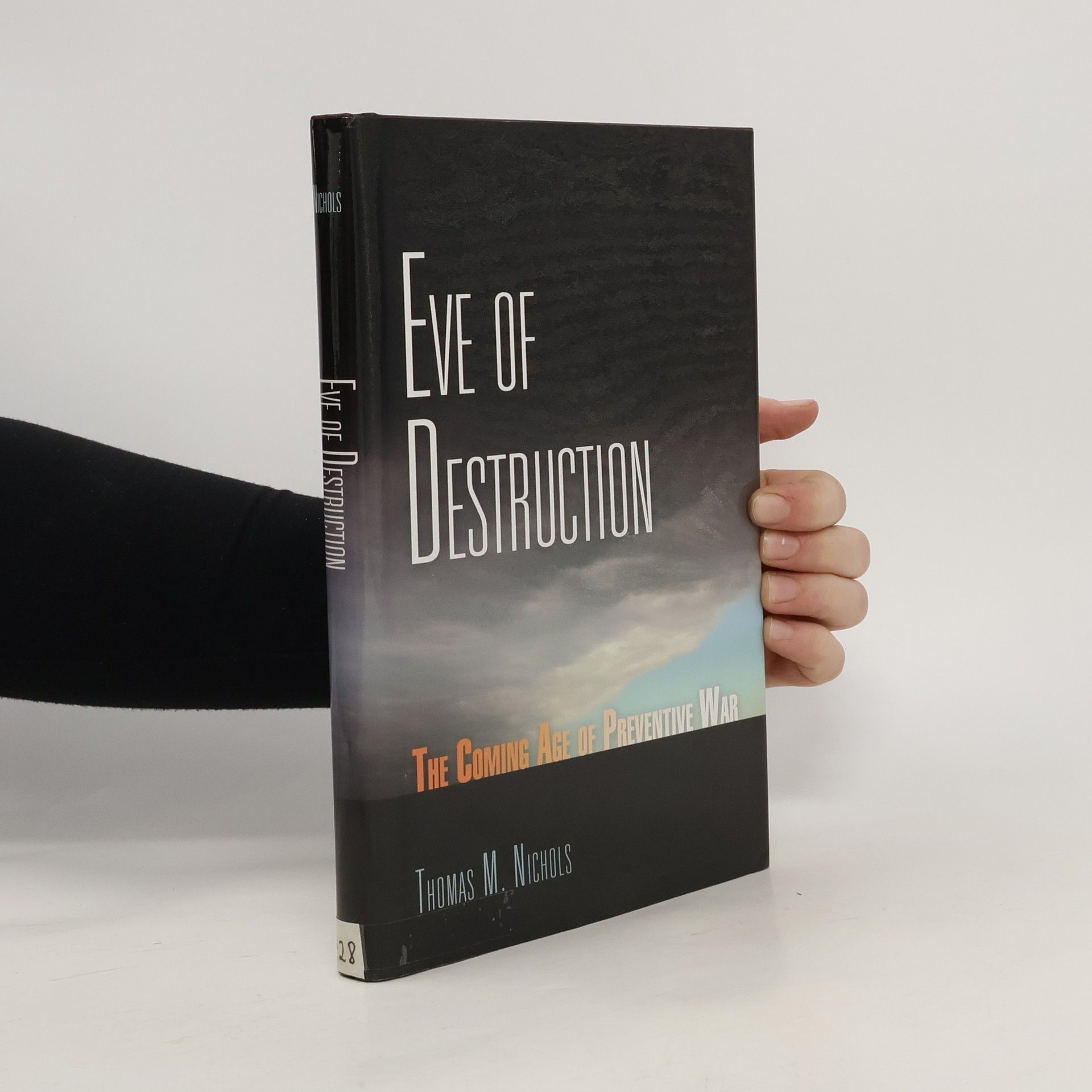Eve of Destruction. The Coming Age of Preventive War
- 171pagine
- 6 ore di lettura
In an age of new threats to international security, the old rules of war are rapidly being discarded. The great powers are moving toward norms less restrictive of intervention, preemption, and preventive war. This evolution is taking place not only in the United States but also in many of the world's most powerful nations, including Russia, France, and Japan, among others. As centuries of tradition and law are overturned, will preventive warfare push the world into chaos?Eve of Destruction is a provocative contribution to a growing international debate over the acceptance of preventive military action. In the first work to identify the trends that have led to a coming age of preventive war, Thomas M. Nichols uses historical analysis as well as interviews with military officials from around the world to trace the anticipatory use of force from the early 1990s—when the international community responded to a string of humanitarian crises in Somalia, Bosnia, and Kosovo—to today's current and potential actions against rogue states and terrorists. He makes a case for a bold reform of U.S. foreign policy, and of the United Nations Security Council itself, in order to avert outright anarchy.


